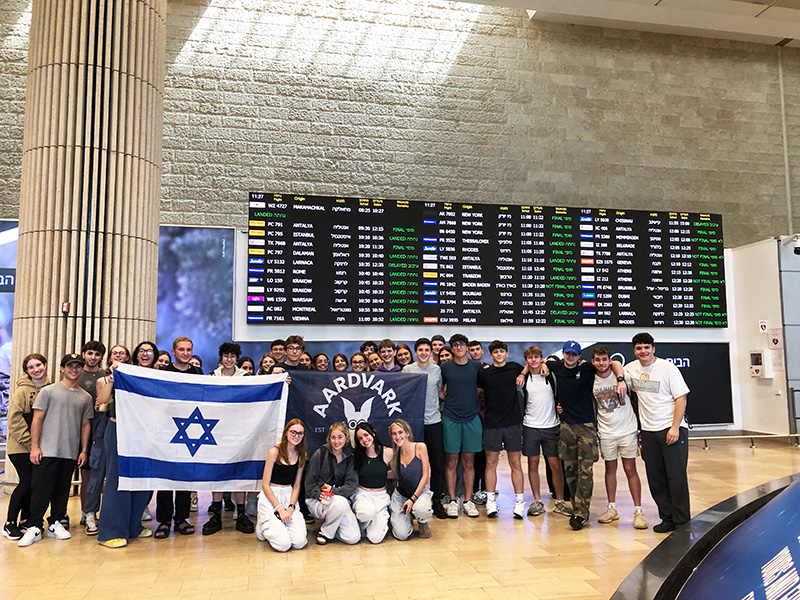A king once took a stroll in the fields. As he passed by a farm, he couldn’t help but notice a certain worker chucking hay with his pitchfork. The worker had clearly mastered the technique. Beyond his impeccable form, the king marveled at the sheer strength and pace that the worker exhibited. Upon his return to the palace, the king sent a messenger to summon the worker. As requested, the worker swiftly arrived to meet the king.
“I happened to walk by the farm today and saw you in action,” said the king. “Bravo! You are truly quite the sight! Tell me, how much do you get paid for a day’s work at the farm?” the king queried.
“I receive a single silver piece, Your Majesty,” replied the worker.
“I am willing to offer you double that wage. You can start tomorrow!” claimed the king.
The worker eagerly accepted the offer. The next day he arrived at his new job in the early morning. Quickly, he was escorted inside the palace to the grand ballroom. There, in the middle of the room, was a massive mound of hay. In front of the stack, there were rows of chairs. Moments later, the king entered with a throng of noble guests. The king instructed the worker to display his talents by transferring the haystack from one side of the room to the other. Once he was done, he was instructed to transfer it back to the original location. Meanwhile, the king and his guests watched and marveled as the worker did his duty.
At the end of the day, the king awarded him his two silver pieces. The worker gratefully received his wage and then asked permission to speak. “Your majesty, I am very thankful for the job offer but I must decline.” The king was shocked. “Why would you leave? You get paid double and don’t have to stand in the heat all day.” The worker replied, “While that is true, I prefer to work in the fields where my work isn’t just for show but rather has a vital function.”
The portion of Ki Tavo opens by telling us that when we will eventually enter the Land of Israel, and the first fruits blossom, we should bring them to the priests. As we do, we must retell briefly our national story, from our forefather Jacob, through Egypt, and into the present moment. What is the purpose of this ritual? Why do we do this specifically with fruits?
This week our new batch of participants arrive and begin their experience in Israel. How timely as it coincides with the portion that discusses our entry into the land. A few portions ago we read the famous verse that man is a tree of the field. Perhaps Ki Tavo encourages us to connect ourselves to the grander national story. We are not isolated. Rather we are the fruits of the yearnings and dreams of our ancestors before us. It’s easy for us to forget that just a few generations ago, the idea that we would have a land of our own was an impossibility in the minds of most. Nevertheless, we have always prayed for it multiple times a day.
Now, we are the living embodiment of a dream and promise come to fruition. While we have worked in many lands before. This time it’s different. This time we are working and building our Homeland; the land that our grandparents and great-grandparents only dreamed of. As we embark on this adventure ahead, we must take a moment to connect to that lineage and be grateful for the realization of our national and collective dream that we are living. I want to bless all of our new participants with a meaningful and fruitful year!
– Rabbi Liad Braude


















